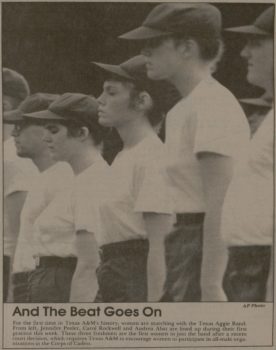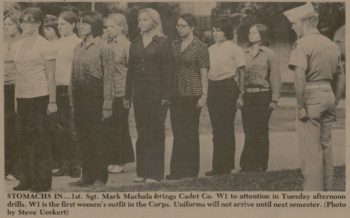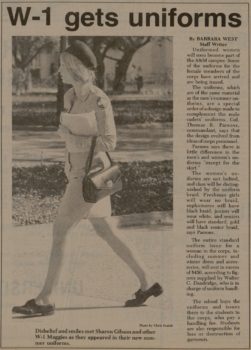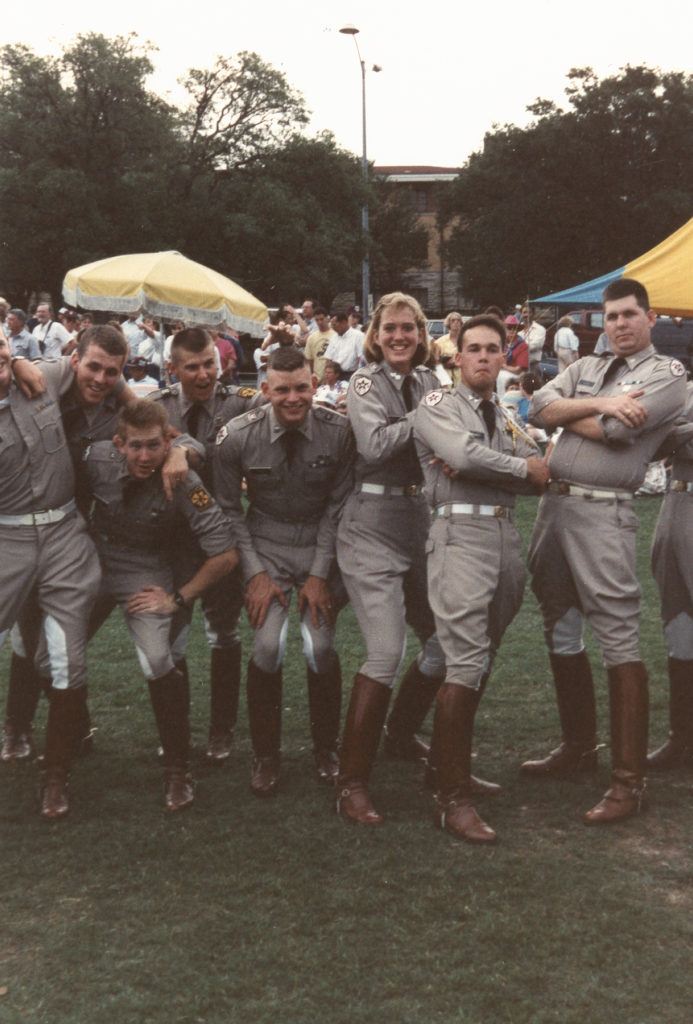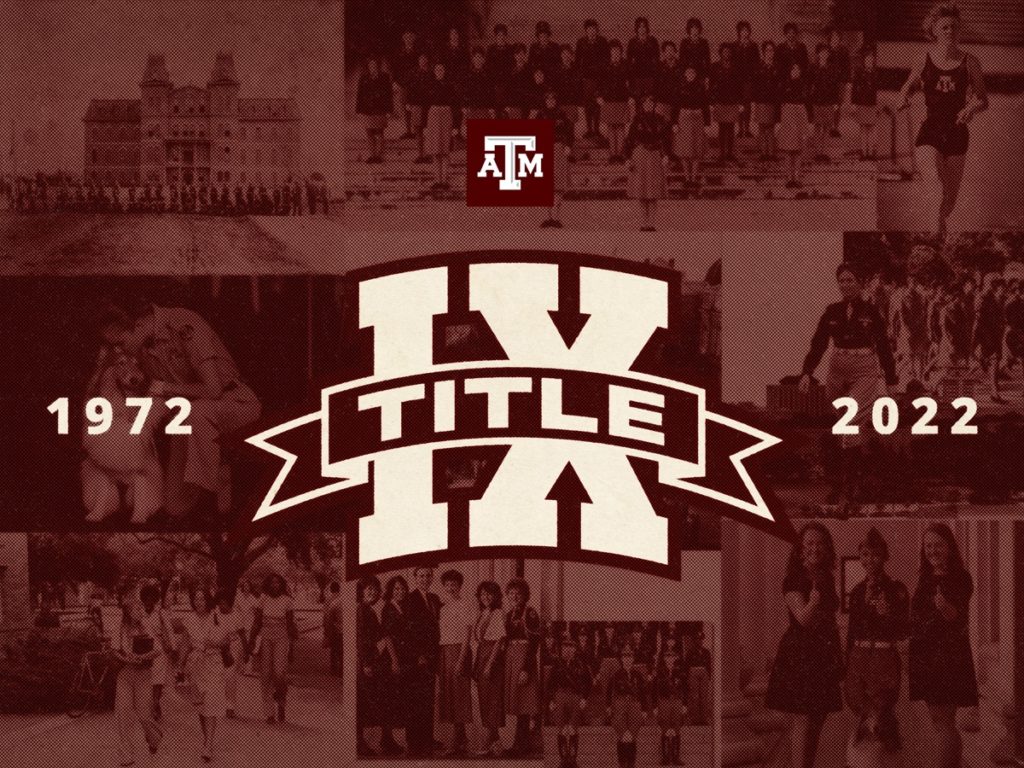A MESSAGE FROM TEXAS A&M UNIVERSITY
November 7, 2022
I wanted to make you all aware of two sexual assaults reported over the weekend by Bryan residents living in the Northgate area. Though not on campus, the troubling incidents warrant a quick reminder about personal safety practices:
- Always lock doors and windows of both your residence and vehicle.
- Stay alert and aware of your surroundings: Don’t let technology distract you.
- If you see something, say something: Report suspicious activity to law enforcement as soon as possible.
- University Police Department: 979-845-2345
- Bryan Police Department: 979-209-5300
- College Station Police Department: 979-764-3600
- Brazos County Sheriff’s Office: 979-361-4900
- Utilize resources such as the Corps Escorts (979-845-6786) when walking alone at night on campus or the Friend Walk feature in the Code Maroon App when off campus.
- Blue Light phones are located across campus and can be used to call first responders in an emergency.
Safety is always our top priority. Anyone with information about these incidents should contact the Bryan Police Department at 979-209-5300. If you or someone you know has been a victim of sexual violence, contact the Texas A&M Title IX Office for support and resources.
Let’s all do our part to keep our campus and our community safe for everyone.
BG Joe E. Ramirez Jr.
Vice President for Student Affairs





